Parenthood is a beautiful journey filled with unconditional love and care. As parents, we strive to provide the best for our little ones, ensuring their growth and happiness at every step. Child care goes beyond just meeting the basic needs; it involves fostering their development and sparking their imagination. In this blog, we explore the significance of child care and the role of toys in nurturing your child’s early years.
Understanding the Essence of Child Care: Child care is the foundation of a child’s overall well-being and development. It encompasses a holistic approach to meeting a child’s physical, emotional, and intellectual needs. Providing a nurturing environment enriched with love, attention, and safety is paramount in shaping a child’s formative years.
The Power of Play: Play is not just a recreational activity; it is a vital aspect of a child’s growth and learning. Through play, children explore, imagine, and interact with their surroundings, fostering cognitive and emotional development. Toys play a significant role in facilitating this process, as they become the tools of imagination and discovery.
Choosing the Right Toys: Selecting age-appropriate and safe toys is crucial in enhancing your child’s learning experience. Toys that encourage exploration, creativity, and problem-solving skills are especially beneficial. For infants, soft plush toys provide comfort and sensory stimulation, while for toddlers, building blocks and shape sorters promote cognitive development.
Embracing Gender-Neutral Toys: Breaking free from traditional gender stereotypes, gender-neutral toys offer children the freedom to explore a wide range of interests and abilities. From dolls for boys to construction sets for girls, let your child’s imagination guide their toy choices without limitations.
Quality Over Quantity: While a wide array of toys may seem appealing, quality always trumps quantity. Investing in well-crafted, durable toys not only ensures their safety but also fosters a deeper connection with the child. Consider toys made from eco-friendly materials, promoting sustainability and environmental consciousness.
The Role of Interactive Toys: Interactive toys, such as educational apps and electronic learning devices, can supplement traditional play and stimulate a child’s curiosity about the world. However, it is essential to balance screen time with physical play and personal interaction to promote healthy development.
Creativity Unleashed: Artistic toys, such as crayons, paints, and play dough, provide an avenue for self-expression and creativity. Encourage your child’s artistic endeavors, as they learn to communicate and express their emotions through visual representation.
Encouraging Social Skills: Toys that promote cooperative play, such as board games and building sets, foster essential social skills like teamwork, sharing, and problem-solving. These early interactions with others lay the foundation for positive relationships in the future.
Toy Rotation: Regularly rotating toys not only keeps your child engaged and interested but also helps to prevent overstimulation. A variety of toys stimulates different areas of development and ensures a well-rounded learning experience.
Conclusion: In the realm of child care, toys are more than just playthings; they are tools that ignite curiosity, creativity, and growth. As parents, we hold the power to shape our child’s world by providing them with the right environment and nurturing their innate talents and abilities. Embrace the joy of parenthood, and let toys be the gateway to a world of imagination and wonder for your little stars. Remember, it’s not just the toys, but the love and care we invest in our children that make all the difference in their journey of growth and development.





